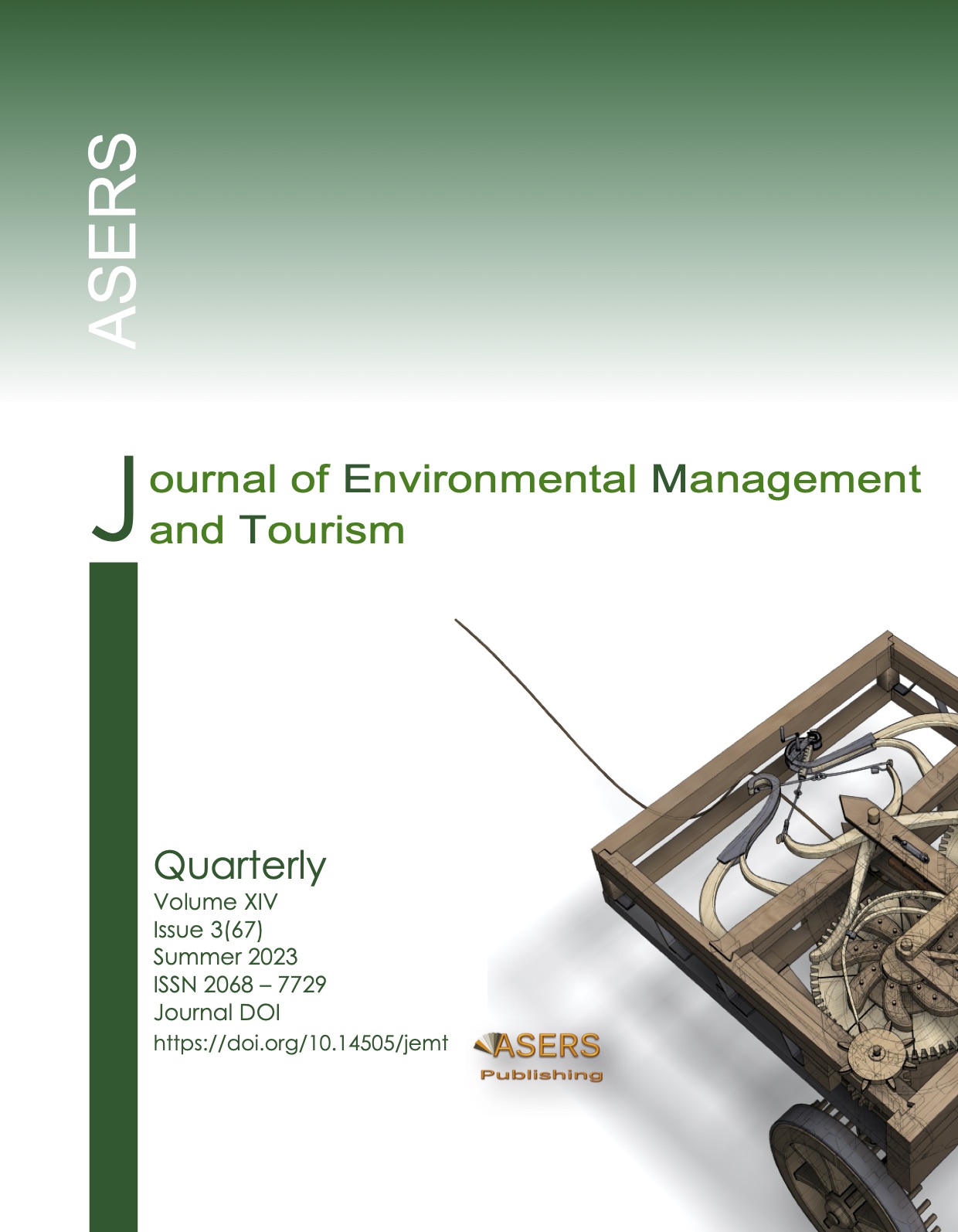Penal Liability for the Oil Leak Incident "Heavy Fuel" in the Jordanian Port of Aqaba and Its Impact on the Environment
Penal Liability for the Oil Leak Incident "Heavy Fuel" in the Jordanian Port of Aqaba and Its Impact on the Environment
Author(s): Moayd Husni Ahmad AL-KHAWALDAH, Abd Alhade Mossa Hasan RSHDAN, Mohammed Rashid Ahmed AL MAKHMARI, Said Al Mamari, Radwan Ahmad AL HAF, Ahmad Hussein AlsharqawiSubject(s): Economy, Criminal Law, International Law, Environmental interactions
Published by: ASERS Publishing
Keywords: environment; oil; "heavy fuel"; penal liability; penalty;
Summary/Abstract: Pollution by oil "heavy fuel" poses an environmental problem. Therefore, there must be legal protection through civil and penal liability to combat this. Still, in this research, we will address the penal protection relating to preserving the marine environment in the Aqaba Special Economic Zone, Jordan's only water crossing and a source of economic and tourism income for Jordan. The study reached several conclusions and recommendations, the most important of which was: The Jordanian legislator provides in article 54/b of the Aqaba Special Economic Zone Act and article 54 ter for penalties applicable to those responsible for pollution of the marine environment, in particular concerning the issue of the oil leak, such responsible must have criminal intent according to the general rules of the Criminal Code. Regarding the recommendations, articles 54/b and 54 make it clear that a penalty must be imposed whether or not there is criminal intent. Also, there must be a gradation of penalty; therefore, I wish the Jordanian legislator to amend article 54/b of the Aqaba Special Economic Zone Act and the proposed provision as follows: "If there is pollution in the seawater or the marine environment, whether the criminal intent is available or not, the penalty must be imprisonment for a period of not less than one year and not more than three years or a fine from (2000) JD to (20,000) JD or both penalties if they are for the first time. If they are for the second time or have devastating and persistent effects on the environment, article 54 ter of the same code must be applied and determined by a specialized committee to be determined by the competent court”.
Journal: Journal of Environmental Management and Tourism (JEMT)
- Issue Year: XIV/2023
- Issue No: 3(67)
- Page Range: 754-758
- Page Count: 5
- Language: English
- Content File-PDF

